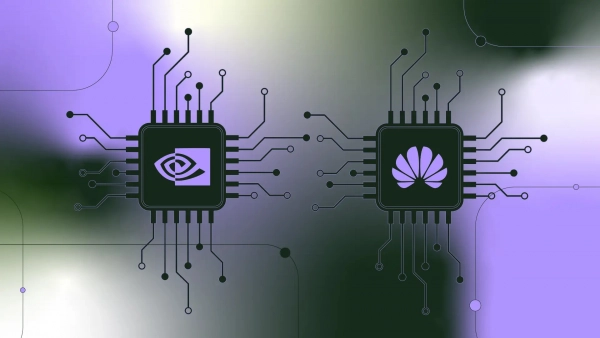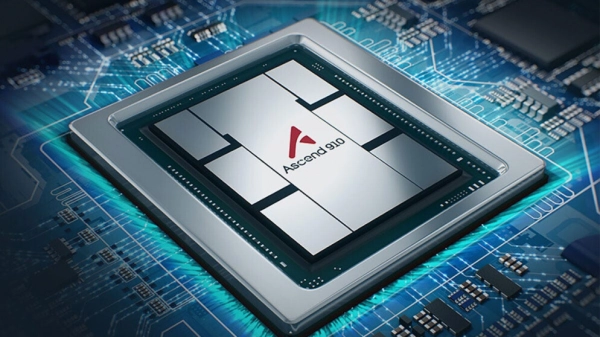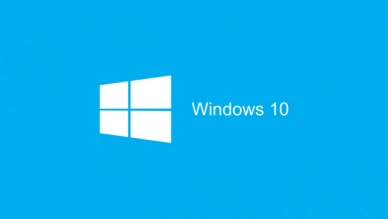Huawei AI Chip: Unconvincing Performance, Struggles to Compete in China
In real-world use, Huawei's AI chip has faced numerous complaints from developers regarding its performance and stability.
As the U.S. imposes bans on the export of high-end AI chips to China, Huawei is striving to develop the Ascend chip series to fill the gap left by NVIDIA. Should they capitalize on this opportunity, Huawei could not only tap into the massive demand from China’s population but also open doors globally, as the worldwide demand for NVIDIA AI chips remains unquenched.

However, things are not going as smoothly as the Chinese company had hoped. According to a report by the Financial Times, many Chinese AI firms using the Ascend chip have voiced concerns about the hardware's performance. Furthermore, the Ascend AI chips are reportedly facing stability issues, a critical factor for AI developers who need hardware that can operate for extended periods to train models.
Moreover, users have reported that the connection speed between Ascend chips is slower. This affects the ability to combine multiple AI chips into clusters to speed up inference tasks and model training, leading to significantly longer training times.
In addition to hardware issues, users have also raised concerns about the related software, known as Cann. This software, developed by Huawei, is designed to function similarly to NVIDIA's Cuda software platform, aiding developers in processing data.
However, according to the Financial Times, even Huawei employees are worried about Cann’s performance, noting that it makes the Ascend hardware "difficult to use and unstable." An engineer familiar with Baidu’s use of the Ascend chip stated that the hardware frequently encounters problems.
Despite these challenges, Huawei is working hard to improve its product. A few months ago, Huawei launched the Ascend 910B AI chip, claiming performance metrics comparable to NVIDIA’s A100 chip and, in some respects, even surpassing its competitor. Nevertheless, NVIDIA has since introduced the H100 AI chip to the market, which is six times faster, albeit nearly twice as expensive.

Despite complaints about performance and stability, demand for Huawei’s Ascend chip remains strong, with the company’s revenue up 34% in the first half of 2024. However, Huawei is struggling to meet customer demand due to import restrictions on machinery needed for chip production.
Lian Jye Su, principal analyst at Omdia, remarked that while Huawei's AI chip is "not known for its user-friendliness," this is largely due to the product still being relatively new—Cann software was only introduced in 2018. Compared to NVIDIA’s CUDA, which has been around since the early days of GPUs, Huawei has much room for improvement.
Nevertheless, Su also praised Huawei's excellent customer service, noting the company's fast and comprehensive on-site support for clients. He believes the current challenges won’t hinder Huawei’s AI ambitions, particularly as many customers don’t have better alternatives due to U.S. restrictions.
However, NVIDIA is showing that it won’t easily give up the Chinese market. There are reports that NVIDIA is quietly developing a processor called the B20, using the new Blackwell chip but still adhering to U.S. export regulations, as it will have significantly lower performance than the original chip line.
Even so, given developers’ familiarity with NVIDIA’s software and hardware, any presence of products from the company is likely to pose challenges for Huawei’s Ascend AI chips, which are still relatively new to the market.
Submit feedback
Your email address will not be made public. Fields marked are required *
Search
Trend
-
What is Black Myth: Wukong? Detailed Guide on System Requirements and Gameplay
08-21-2024 . 1k view
-
Call of Duty: Black Ops 6 - Intense, Mysterious, and Surprising Warfare
09-02-2024 . 877 view
-
The "End of Life" for Windows 10: A Massive E-Waste Threat and Sustainable Solutions
08-18-2024 . 820 view
-
Casio WS-B1000: The Perfect Blend of Traditional Watch and Smartwatch
08-11-2024 . 743 view
-
Blog sites that will accept AI generated content
07-26-2024 . 730 view











0 feedback